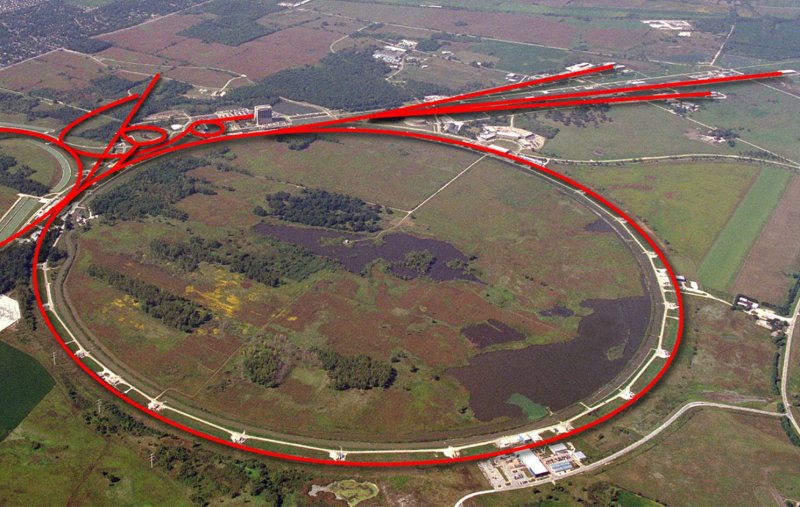BATAVIA, Ill., March 2 (UPI) -- Scientists at a U.S. particle physics lab say they've made the world's most precise measurement of one of nature's elementary particles.
The world's best measurement of the mass of the so-called W boson was made by scientists working at the U.S. Department of Energy's Fermi National Accelerator Laboratory in Batavia, Ill., a Fermilab release reported Friday.















